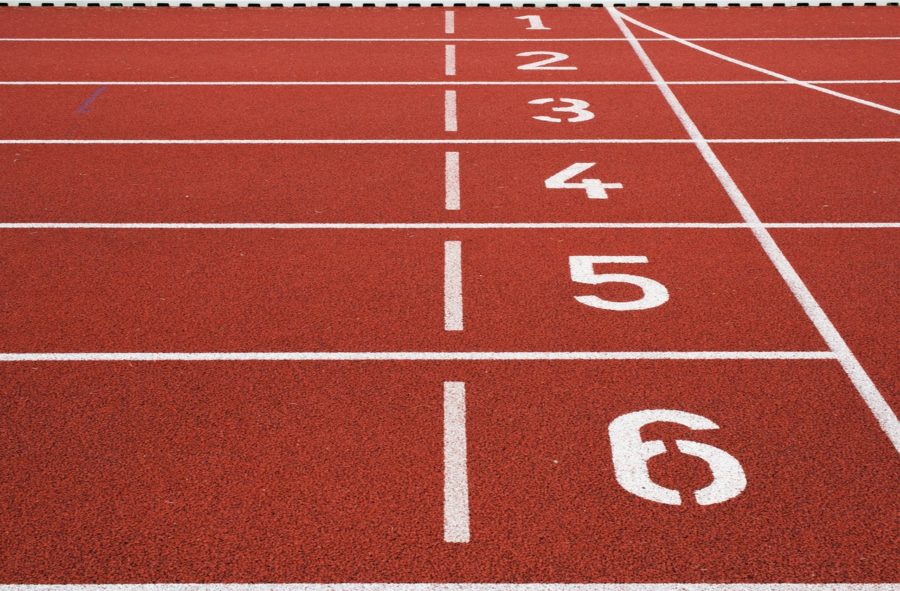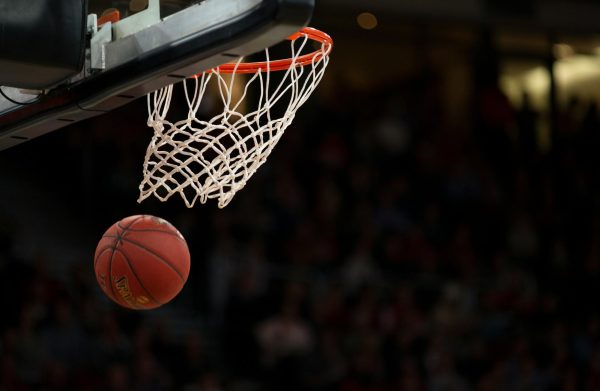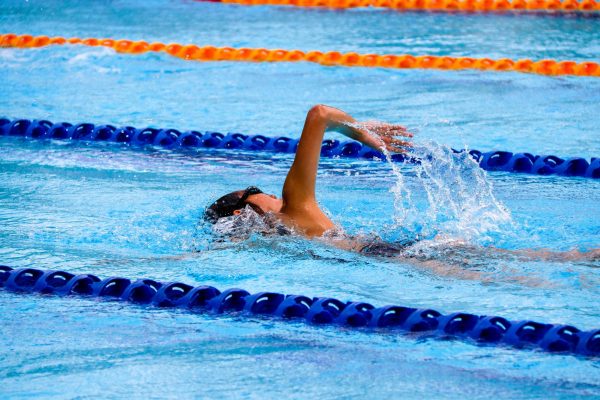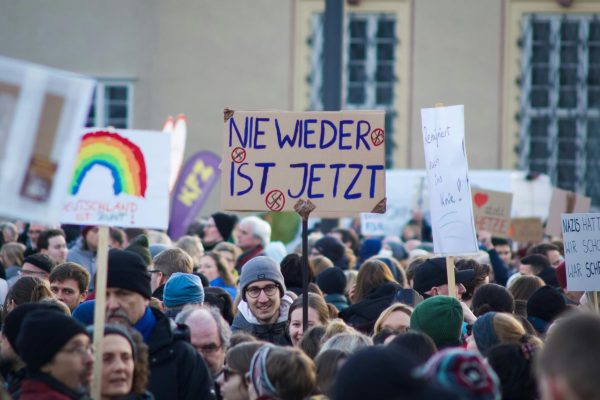Ban on Russian Athletes
As the war in Ukraine rages on, many international sporting organizations have continued a ban on Russian or Bealrussian athletes competing in international competitions. Two organizations which have recently made headlines are the FIE (The International Fencing Federation) and the FIS (The International Ski and Snowboard Federation). But is the ban actually necessary? Many argue that the athletes themselves are not participating in the invasion and therefore should not have to suffer because of their government’s policies. Others insist that the bans make a much needed statement not only against Russian aggression but also send a message of support to the Ukranians.
Several bans took place soon after the invasion had begun. The Executive Board of the International Olympic Committee sent out recommendations to all international sport organizations four days after the initial attack on Ukraine suggesting “International Sports Federations and sports event organizers not invite or allow the participation of Russian and Belarusian athletes and officials in international competitions” and that should an organization be unable to enforce a ban, to “only allow athletes from Russia or Belarus to compete under neutral status, not for their country”.
Russian and Belarussian athletes are now missing vital competitions and qualifiers which will dramatically impact their futures in their sport. Russian cross-country skier and three-time olympic champion Alexander Bolshunov will be missing the Cross-country World Cup Season due to the ban. He may also miss the 2023 Nordic World Ski Championships as several influential Swedish skiers have promised to boycott the event should Russian or Belarusian athletes be involved/allowed to compete. Bolshunov recently stated in an interview, “Sport is peace, sport must bring people together and nothing more than that.”,and many would agree with him. Prominent Canadian Lawyer Richard McLaren has stated “The athletes did not start this conflict and are not responsible for its course.” Despite the IOC’s recommendation to ban Russian and Belarussian athletes, the International Judo Federation and International Tennis Federation among others have allowed athletes who agree to compete neutrally and with restrictions to participate. For example, the International Cycling Union will allow individual athletes to compete but not in teams. With the bans continuing with no clear end in sight, the ROC (The Russian Olympic Committee) as well as other National Federations in Russia have filed appeals to the Court of Arbitration against the bans to allow their athletes to participate in international competitions. Influential members of the sporting world are voicing their opinions of the bans. Prominent coach and member of USA fencing Damien Lehfeldt stated: “I hate the idea of punishing the individual athletes who have no say in this war” but also emphasized that “In Russia sports – are an extension of Putin’s propaganda machine. I’m in favor of the ban as long as Russia continues to illegally occupy Ukraine”.
Lehfeldt’s comment and recognition of both sides of this argument highlights a widespread opinion that while the bans may be unfair, they are unavoidable. Cross-country ski legend Norwegian Olympic and World Cup Champion Johannes Høsflot Klæbo has spoken out about the plight of which his fellow skier is in saying “the war must end before I get to meet Bolshunov.”
Despite objections, support for the bans is equally as widespread as the criticisms. The International Ice Hockey Federation moved the 2023 Ice Hockey World Championships from Russia to a new host country citing safety concerns for all participants including players, paparazzi, journalists, coaches, and spectators. FIFA (International Federation of Association Football) banned all Russian clubs and national teams, effectively removing them from participating in this year’s World Cup in Qatar. Similar bans have taken place within ice skating, Wimbledon, Formula 1, the Paralympic Winter Games (who were originally going to allow Russian and Belarussian athletes compete but reversed this decision after several countries threatened to boycott the games),and track and field. While a multitude of reasons have been issued, with some citing the war explicitly as the reason for the ban, safety concerns due to the war, the boycotting of other more influential countries, or standing with/supporting Ukrainian athletes, it is clear that every reason originally stems from the invasion. Interestingly the current president of the IOC, Thomas Bach, has defended the bans vehemently, saying that they are not to punish the athletes or send a political message but instead to protect the athletes. “The safety of the Russian and Belarusian athletes and officials could not be guaranteed because of the deep anti-Russian and anti-Belarusian feelings in so many countries following the invasion.” He goes on to say only “those responsible for something,” should be impacted by the bans. Notably, “Russian athletes who made public gestures supporting the war have been banned from international competitions in gymnastics and swimming.”
Clearly this conflict has impacted every corner of the sporting world spanning from mainstream sports like football and tennis to more obscure sports such as cross-country skiing and judo. Wherever you stand on whether athletes should be banned or allowed to compete, the war continues to destroy countless lives and doing absolutely nothing is unacceptable. Whether these sports bans and sanctions will change the course of the war significantly is yet to be seen, but I believe there is something to be said for standing with the Ukranians on an international stage and demonstrating to Russia that it cannot act without consequence. Putin must be shown that the international sporting community stands against him and his illegal invasion.





